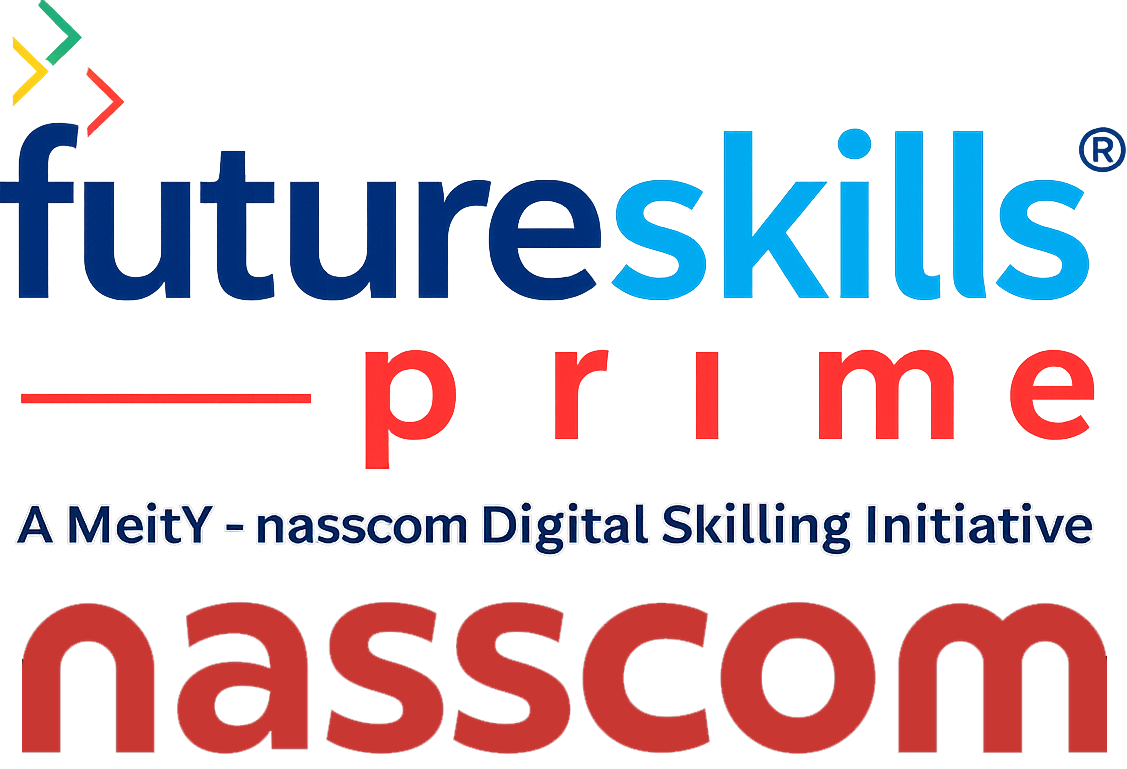Specifically, the presence of the data analyst in the modern world accelerated with the availability of big data flow. Data has become a critical tool for today’s business organizations since it helps in finding ways of enhancing organizational performance and achieving strategic business advantage. Cope and Wideman have noted that: Thus there is increasing awareness that there is a need for data analyst skills. Pune, the IT city of India provides numerous prevailing training courses necessary for those who want to become skilled data analysts. In this piece of writing, we shall identify the key areas that will be endowed after data analyst training in Pune and the correlation of the acquired skills in the market.
1. Gathering of Data and Data Preprocessing
Another feature in the training of data analysts in Pune is data collection and data cleaning which is considered to be a basic data analyst skill. It applies to data analysts, who should collect data from different sources, which can be of different types, such as structured and unstructured. Mastering the process of data collection is essential since this determines the quality of the data collected which is reflected in the quality of the analysis.
Preprocessing comprises data acquisition and data cleaning and can be defined as the process of identifying, and rectifying errors, handling missing values and preparing it in a form that is appropriate for analysis. This step is important to follow because it increases the quest precision as well as prevents errors resulting from unclean data.
2. Statistical Analysis and Probability
Descriptive analysis is the foundation of data analysis and mainly involves statistical analysis. Some of the statistical tools which are taught in Pune-based training programs include methods that are used in analyzing data patterns, relations and trends.
Descriptive and inferential statistics are also key concepts covered in the analysis part of the research; they include mean, median, mode, standard deviation, hypothesis test and confidence interval.
Probability theory is another important concentration, which refers to the mathematical study of modeling randomness. It assists data analysts in getting probabilities or chances of events happening, which is essential when making a forecast or a decision.
3. Data Visualization
Data visualization refers to the ability to transform information and presenting in a graphical or pictorial form making it easy for one to analyze and even come up with their conclusions. Different tools and techniques that are part of training programs in Pune include the creation of visualization. Some popular tools include:
Tableau: This is easy to use and has incredible features that can assist in building dashboards that are interactive and can be shared.
Power BI: As an application, it forms a part of Microsoft products and boasts of having rich data visualization options.
Matplotlib and Seaborn: These are the Python libraries used for generating static, animated and interactive graphics.
Data presentation holds the ability to present the findings of data analysts in a way that the audiences will be in a position to appreciate and make the best decisions.
4. SQL and Database Management
SQL is one of the most important skills that every data analyst should possess. It is used for querying databases, collection of data, and performing functions like join, filter and aggregate functions. Pune focus is laid on training where efficiency in SQL operations on large data sets is considered as important.
This includes the understanding of relational databases, data warehousing as well as data modeling that provides ways of organizing data.
5. Programming Languages
Python and R programming skills are essential and every data analyst must have them. These languages are ubiquitously used in making manipulations, analysis and construction of visual aids. Training programs in Pune typically cover:
Python: Python can be classified as a simple and multifunctional language that is used in data analysis. Some of the most essential libraries used in the analysis of data include pandas to manipulate the data, NumPy for any calculations on the data and sci-kit-learn for the actual machine learning.
R: This is a language that is specifically used in the analysis of statistics and for graphics. OS software is commonly used in colleges and industries that involve a great deal of statistics analysis.
A data analyst needs to learn these programming languages because it allows them to automate various processes, carry out superior analyses, and design specific solutions.
6. Machine Learning
It involves the use of a computer program that is fed with data to make future predictions. Statistical analysis and data mining are important activities in the current world. There are awareness courses in Pune that establish the fundamentals of machine learning such as supervised and unsupervised learning, regression, classification, clustering, etc. Predictive analysis is the projection of a statistical model on a dataset and making forecasts from past occurrences. This skill is very useful in the financial industry, health sector, and even the marketing sector, especially in cases where there is a need to predict trends for future undertakings.
7. Business Acumen
The technical skills and the knowledge of the business environment must harmonize. Analytical training in Pune stresses the identification of business perspectives and ensures the analysis is done in line with business objectives. This includes the identification of these measures such as KPIs, focus on trends within the sector and the requirements of the organization. This way, analysts with technical backgrounds, coupled with business acumen, can give quantitative values that will make the business thrive.
8. Problem-solving and Critical Thinking
Another task that belongs to data analysis is problem-solving and decision-making that are based on the received data. Training programs include problem-solving and critical thinking skills among the major objectives of a workplace. This includes the ability to:
- Describe the concern and scope of analysis.
- Try to divide a problem or an issue into comprehensible sections so that it would be easier to work with them.
- Analyze data and find the patterns and relationships
- Analysis outcomes and come up with beneficial conclusions.
Thus, these skills are essential to enable the organization to make the right decisions that favor the growth of the organization.
9. Communication Skills
This is a critical function that is undertaken by most data analysts since the main aim of their job is to communicate their results. As mentioned earlier, training in Pune especially underlines the need to enhance the student’s communication skills; be it written or verbal. This includes:
- Preparing and presenting good and concise analytical reports.
- Communicating results which are in the form of data and other analytical figures to audiences who may not have a background in statistics or analytics.
- The ability to build a good story about the analysis results.
- Effective communication of the findings facilitates the implementation of the recommendations based on the analysis of data collected.
Conclusion
Data analyst course in pune offers a comprehensive curriculum designed to equip aspiring facts analysts with enterprise-applicable competencies. From technical skill ability in statistics series, statistical evaluation, and device studying to crucial smooth talents like communication and commercial enterprise acumen, those training programs prepare you for a successful career in data analysis.
By gaining knowledge of these abilities, you can contribute to your corporation’s achievement and live beforehand within the aggressive activity market. Whether you’re starting your profession or trying to upskill, Pune gives exceptional opportunities to emerge as a proficient and sought-after facts analyst.





